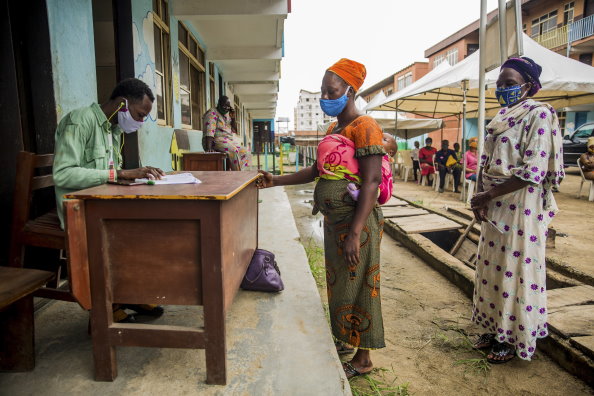New report shows hunger is due to soar as coronavirus obliterates lives and livelihoods
“Three months ago at the UN Security Council, I told world leaders that we ran the risk of a famine of biblical proportions,” said WFP Executive Director David Beasley. “Today, our latest data tell us that, since then, millions of the world’s very poorest families have been forced even closer to the abyss. Livelihoods are being destroyed at an unprecedented rate and now their lives are in imminent danger from starvation. Make no mistake – if we do not act now to end this pandemic of human suffering, many people will die”
To prevent the worst, WFP is scaling up to provide food assistance to an unprecedented 138 million people who face desperate levels of hunger as the pandemic tightens its grip on some of the most fragile countries on earth.
The cost of WFP’s response to this burgeoning food insecurity accounts for about a third of the updated COVID-19 Global Humanitarian Response Plan, the largest appeal in the UN’s history, launched today, for more than US$ 10 billion. The plan covers wide-ranging humanitarian needs in more than 60 countries, many of them already reeling from the impact of conflict, climate change and economic crisis. There is a special provision of $500 million which is earmarked to prevent the outbreak of famine in countries most at risk.
The number of acute food insecure people in these at-risk countries could increase from an estimated 149 million pre-COVID-19 to 270 million before the end of the year if life-saving assistance is not provided urgently. Recent estimates also suggest that up to 6,000 children could die every day from preventable causes over the next six months as a result of pandemic-related disruptions to essential health and nutrition services.
# # #
The United Nations World Food Programme is the world’s largest humanitarian organization, saving lives in emergencies, building prosperity and supporting a sustainable future for people recovering from conflict, disasters and the impact of climate change.
Follow us on Twitter @wfp_media

